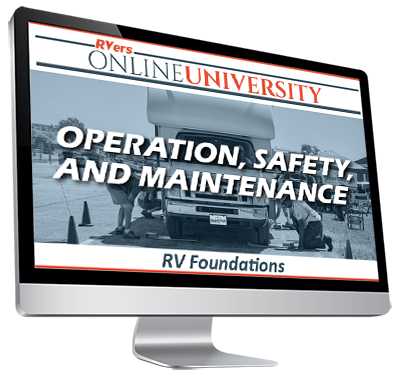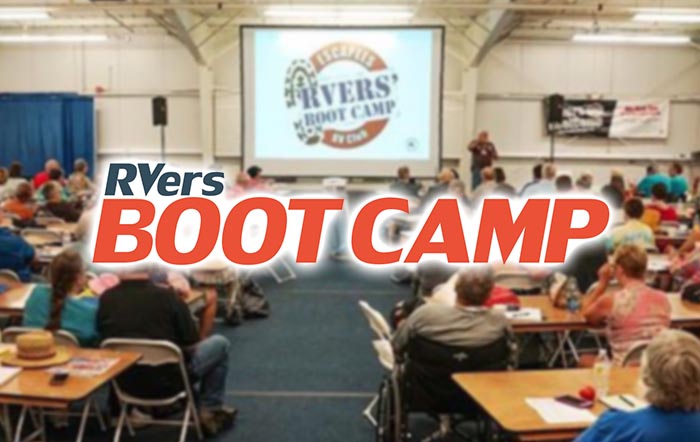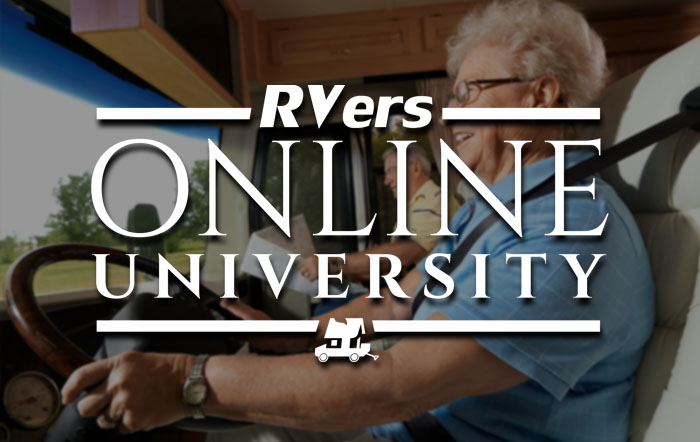It’s a sad moment. Your RV is winterized, covered, and stored for the season. You walk away, already dreaming of getting your rig on the road again in the spring. Winter can be interminable for RVers.
It doesn’t have to be this way, though. Winter RVing isn’t just reserved for snowbirds or people who live in the south. Those of us in colder climates don’t have to resign our RVs to winter hibernation.
Cold-weather RV camping is not only possible, but it’s also quite doable. It does require a little more planning and preparation than warm-weather camping and it certainly has its share of challenges. But along with those challenges come wonderful opportunities that aren’t available during the warmer seasons. If you want to experience the RV lifestyle a full 12 months out of the year, you can. Let’s talk about how it can be done.
What to Expect
As you prepare for cold-weather camping, know that things will (obviously) be different from the warm-weather RV experience.
First of all, you’ll need to make sure the campground or RV park you plan to visit is open. Many close for the season. This is especially true of smaller, family-owned campgrounds that are often open from April-October.
While looking for wintery campgrounds, don’t forget to take advantage of the discounts and RV parking options available to Escapees RV Club members!
Other campgrounds may be only partially open. They might close off entire sections, leaving fewer sites available for reservations.
And even if a campground seems to be open, it still may not be open in the fullest sense. All the sites may be available but the campground is almost certainly working with a skeleton staff during the winter. The camp office, store, and other amenities may have limited hours. Restroom facilities may also be closed.
Prevention: Tips for RV Camping in Cold Weather
Ben Franklin’s adage, “An ounce of prevention is worth a pound of cure,” certainly applies to cold weather RVing. Let’s talk about some preventative steps you can take so you won’t have to cure difficult and expensive problems with your RV later.
Tire Check
Before setting out on a winter trip (or any trip, for that matter), do your regular checks to make sure your rig is roadworthy. Specifically, check the tire pressure. Tires can lose up to 2 PSI (pounds per square inch) per every 10°F drop in temperature. That’s a lot of potential pressure loss when you’re dealing with cold winter temperatures.
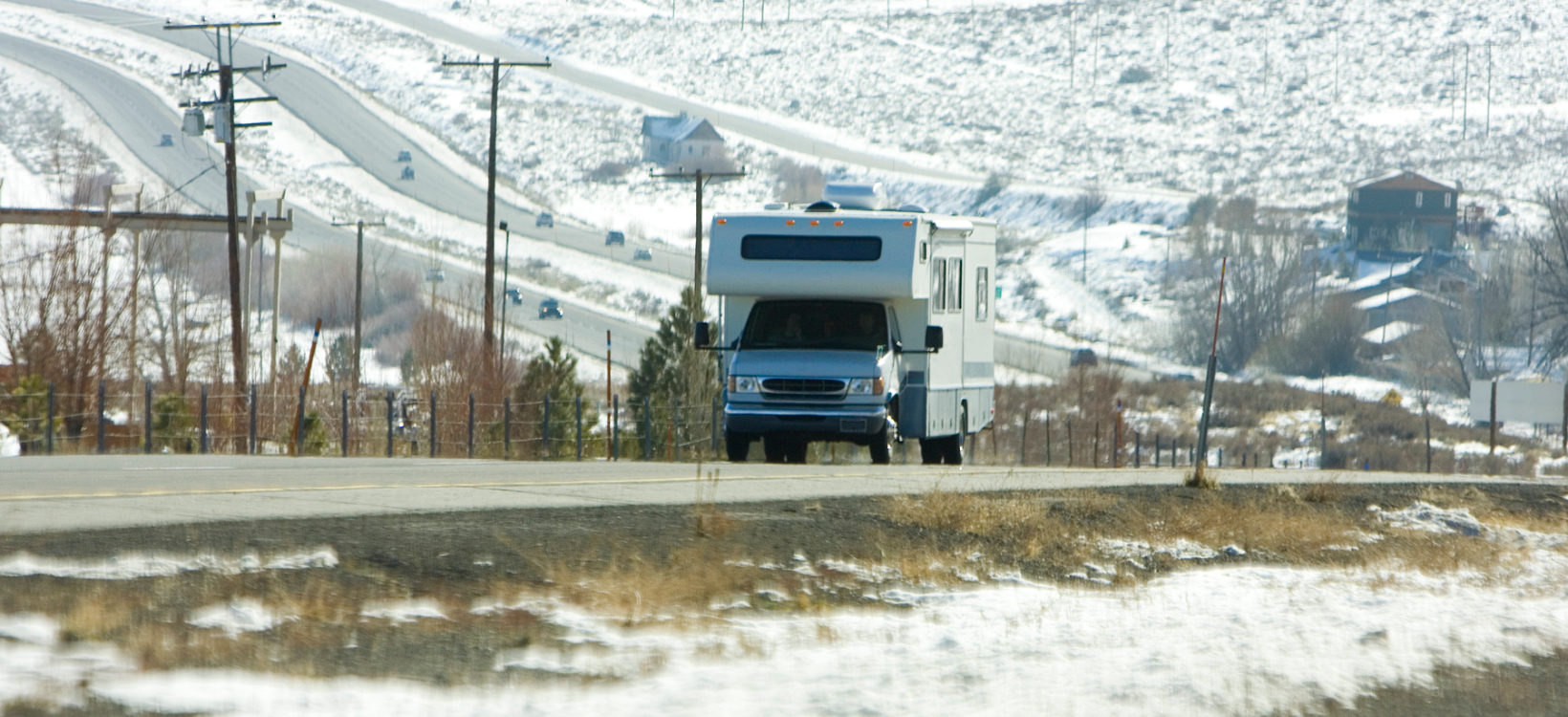
Block The Cold
When you are preparing your rig for winter camping, you are essentially trying to do one thing: block out as much cold air as possible. That begins outside with the most exposed part of your RV: the underbelly.
When you crawl under your RV, you’ll see all manner of pipes, connections, and floor openings that are exposed to the winter air. Skirting can be a huge help. You can purchase a skirt that is custom-made for your specific RV model or, if you’re looking to save some cash, you can make one yourself using foam board. It’s easy to work with and far less expensive than custom skirting. If your RV is on a more permanent site, you can also use straw bales, stacking them up as a windbreak around your rig. Keep in mind, though, that straw can attract mice that are looking for shelter from the cold.
Speaking of mice, your RV will look quite inviting to them as they search for warmth and shelter. You can use brass wool to seal any small openings and keep these rodents out.
Insulation and Weather Stripping
Most RVs come from the factory with minimal insulation. While that may not matter much in June, it matters a lot more in January. Spray foam insulation can be added to the walls if you want to seal out the drafts of winter. Adding weatherstripping to windows and doors will also help block out the cold. Keeping curtains closed will help, too.
The downside of sealing up your RV against the cold is that it can’t “breathe” as easily. While you are successfully sealing out the cold, you are unintentionally sealing in excess moisture. Showering and cooking add a lot of moisture to the air, and if that humid air can’t escape, it will be absorbed into the walls, leading to mold. A dehumidifier and/or a moisture-absorbing product such as DampRid will help combat this issue.
Protect the Plumbing!
It’s critically important to protect the plumbing system from the cold. Water expands when it freezes, which can easily lead to ruptured pipes. To avoid this nightmare scenario, wrap heat tape around the waterlines throughout your RV. Keep the cabinets and cupboards open to allow the warm air to circulate around the plumbing fixtures.
If you are connected to city water while camping, you’ll want to invest in a heated freshwater hose to be sure the water keeps flowing. If the hose freezes, it can damage the spigot. If that happens, the campground will hold you responsible.
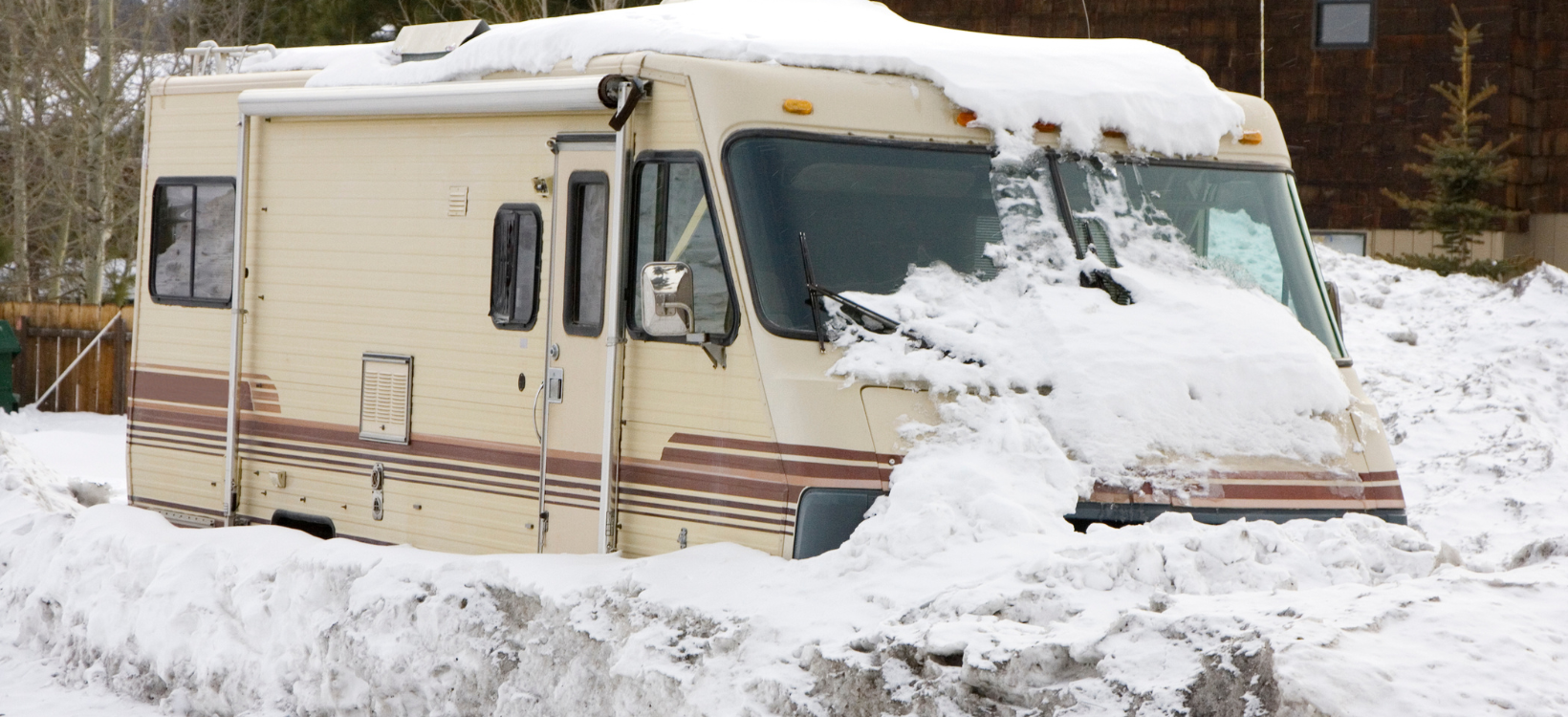
Consider adding a heat source to the compartment if you will be using your freshwater holding tank. You can purchase a variety of products specially made to keep that space warm. You may want to do this regardless of your water source since it’s the plumbing hub of your rig.
Some RVers choose a DIY approach and use an incandescent (not LED) light bulb to heat the water tank compartment. It’s a small, enclosed space and the heat from the bulb is usually adequate to keep it warm. If you go this route, be sure the bulb will not come into contact with anything, be it wood, plastic, fabric, etc. You don’t want your inexpensive hack to become a fire danger.
Add a bit of RV antifreeze to the grey and black holding tanks (not your freshwater tank!). Keep the gates of both tanks closed until you are ready to empty them and make sure the sewer hose is elevated off the ground and angled downward.
How to Stay Warm in Winter in an RV
Now that you’ve done your winter preventative maintenance, let’s talk about how to stay warm once you arrive at the campsite.
The furnace in your RV uses a ton of propane, and that can be a pain in the wallet. Consider using an electric heater instead. Set your furnace thermostat between 45-50°F and let the electric heater do most of the heavy lifting.
Make sure all your smoke and carbon monoxide detectors have fresh batteries and are in working order. Also, make sure your propane tanks have an adequate supply.
If you are boondocking, an inverter generator and multiple full gas cans are highly recommended. If you are relying solely on battery power, make sure your batteries are fully charged and in good working condition. Don’t attempt winter boondocking while relying on a single battery. Multiple batteries are a must, even in small RVs.
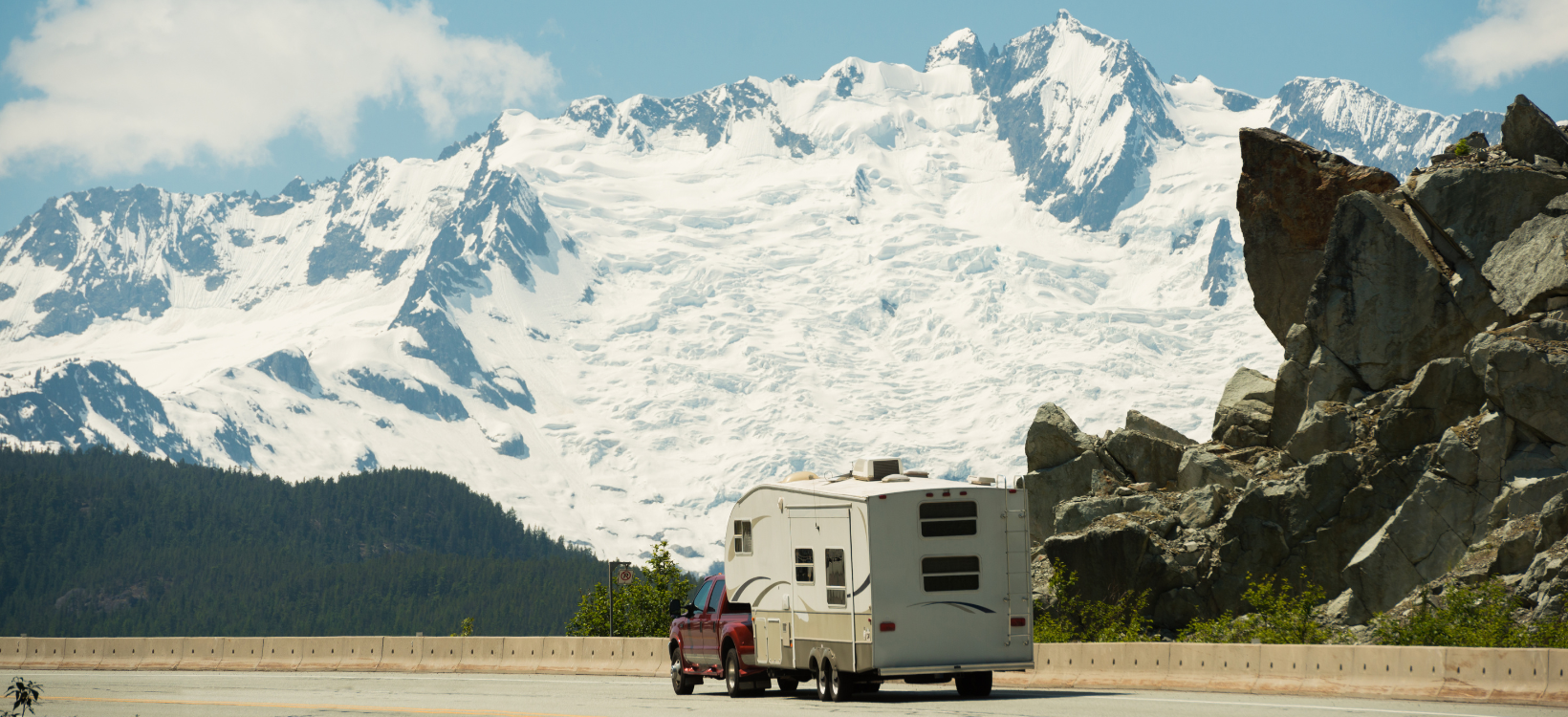
If you’re planning to connect to shore power, a generator is still a wise idea. If the power goes out in the summer, everyone will get sweaty. But if the power goes out in the winter, it can become dangerous. A backup generator gives everyone in the RV an added layer of protection.
You can do other little things that can be a big help in keeping your RV cabin warm. For example, plan on doing some baking. Not only do cookies or freshly-baked cinnamon rolls hit the spot on a cold day, but the oven will also help heat up your RV. (The heat is just a side benefit of using the oven. Never use the oven or range as a primary heat source.)
Extra blankets or electric blankets can help combat the nighttime chill, and a floor rug would also be a welcome addition when your bare feet hit the floor first thing in the morning.
If you’re looking for more tips for staying warm and cozy in your RV, check out this article from Escapees member Emily Fagan.
Advantages of Cold-Weather RVing
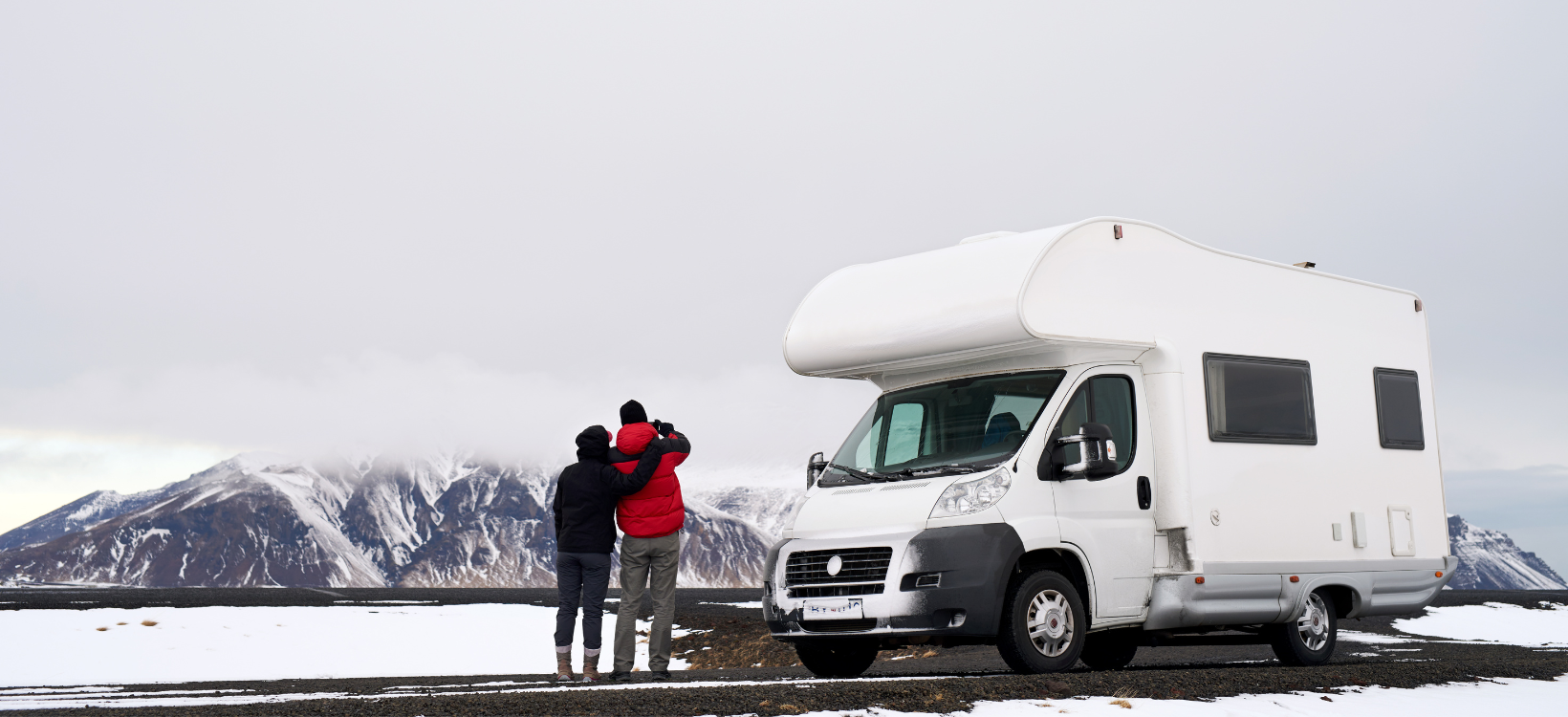
If you ensure your rig is adequately prepared for the cold, there are some definite advantages to cold-weather RVing.
- Campgrounds and RV parks will be far less crowded in the winter. Also, many will offer a discounted off-season rate.
- Mosquitoes and other insects can be super annoying on RV excursions, but not when you’re cold-weather camping. You can leave the bug spray at home.
- And if you are one of the unlucky people who suffer from seasonal allergies, winter camping might become your favorite camping. Far less sneezing!
- Depending on where you are located, there are hosts of winter outdoor sports and activities, such as skiing, sledding, snowshoeing, or even something as simple as a snowball fight or building a snowman.
And you will never love your campfire more than when you’re cold-weather camping. Sipping a hot cup of coffee beside a campfire on a chilly winter morning is a serene pleasure. Make sure you have ample firewood and also a way to keep it dry. Have multiple lighters or other firestarters on hand.
Are winter sports your jam? Check out this article from Xscaper Hannah Martin about traveling with your winter sports gear!
A few final odds and ends: consider purchasing a few rechargeable hand warmers. They make a big difference on a cold morning! You will also thank yourself if you pack lip balm and lotion since the winter air will quickly dry out your skin.
A safe and fun winter RV excursion takes some planning and a bit of extra effort, but the payoff will come as you make some travel memories that would never happen in those warm summer months.
So bundle up and let’s hit the road!
Did you like this post? Pin it to Pinterest!
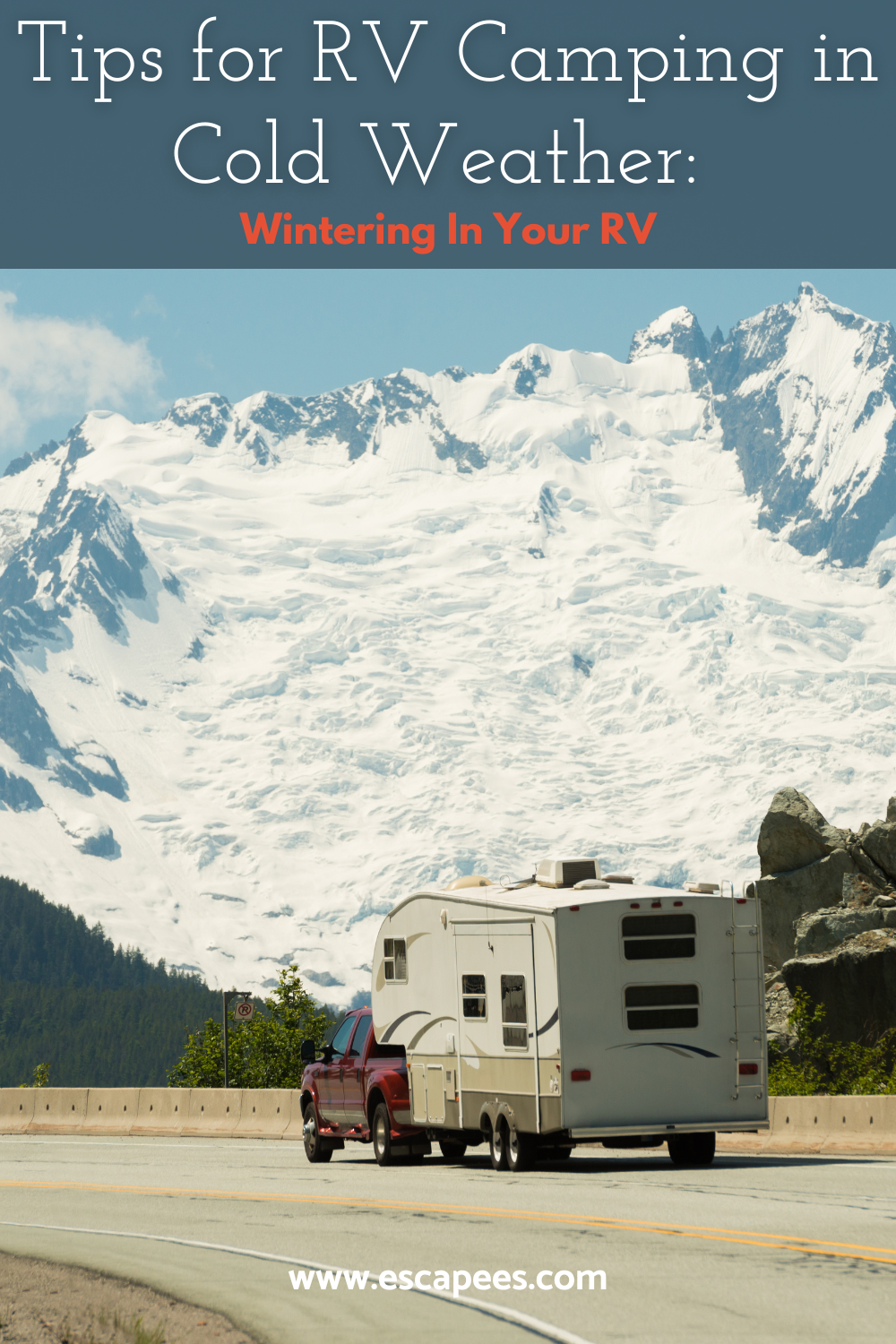

Author
Mike Edmisten
Mike is a freelance writer in Cincinnati. He and his wife, Nicki, along with their two sons have enjoyed RV excursions throughout the United States and Canada. Their favorite trips are to the U.S. National Parks, and they always have their sights set on the next park to check off of the list.

